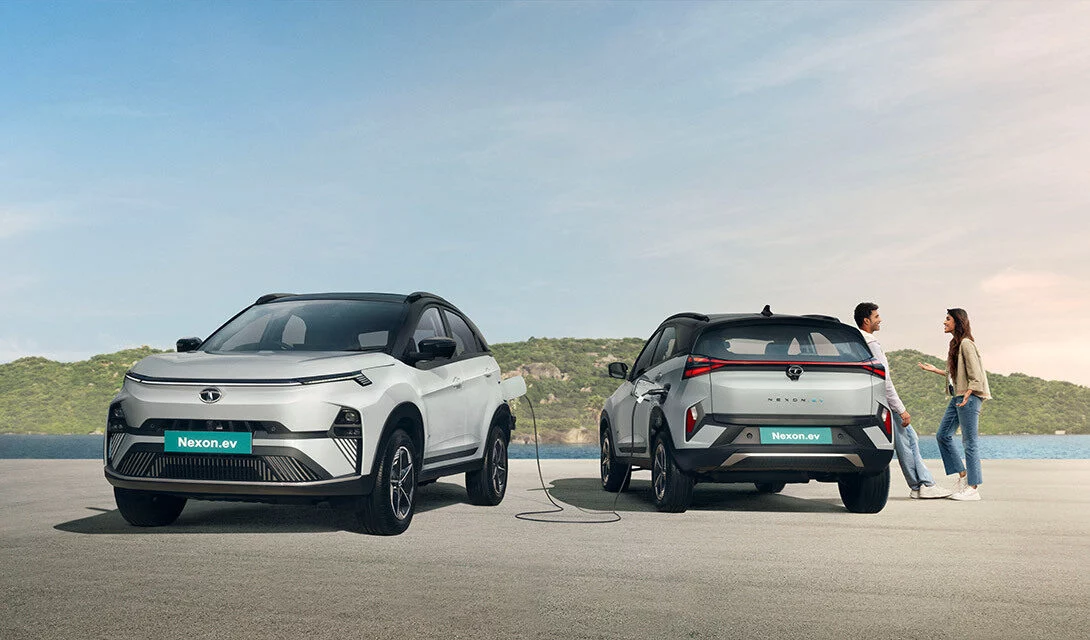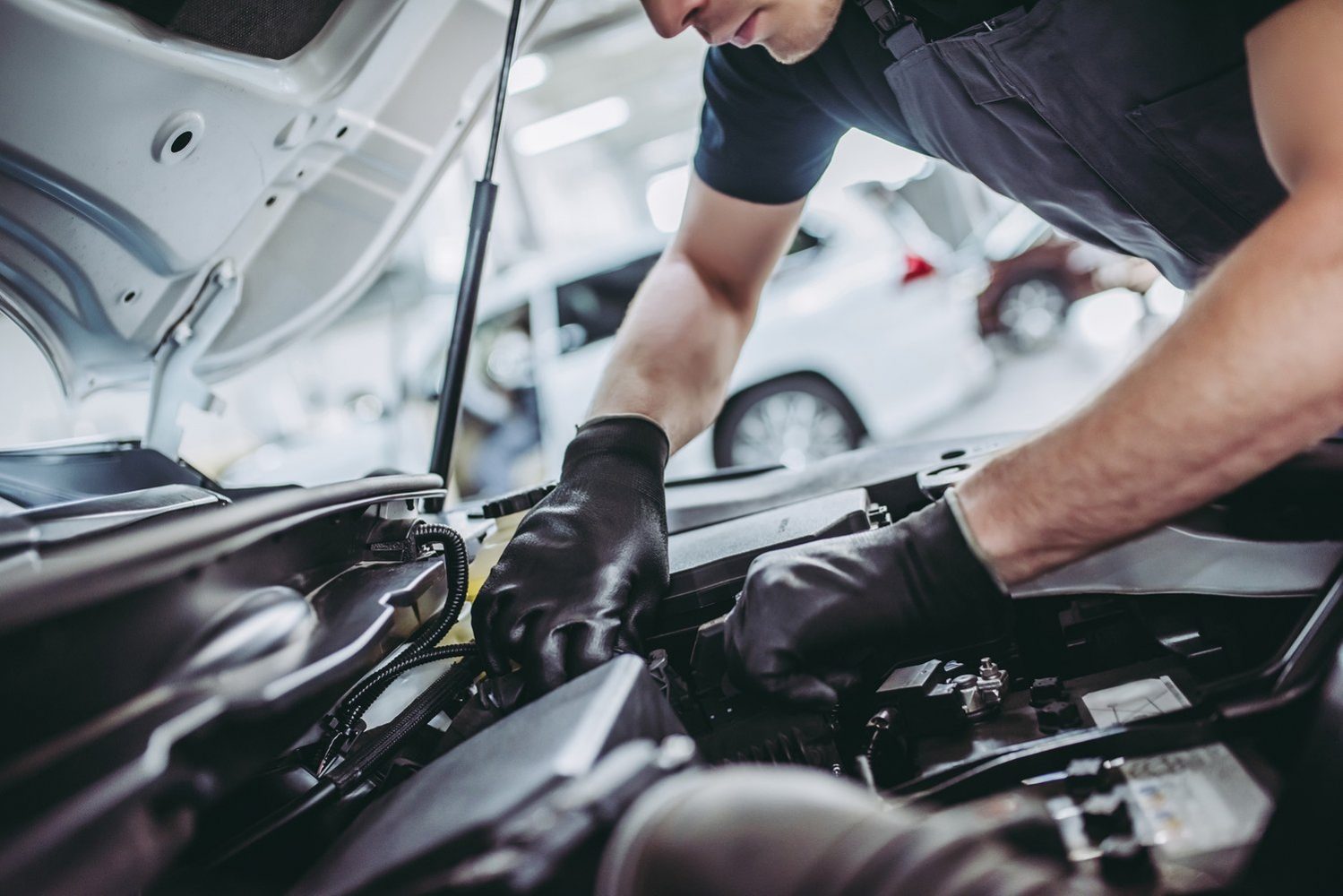The production costs of electric vehicles (EVs) are plummeting at a rapid rate, with estimates suggesting they could match those of internal combustion engine (ICE) cars by 2024 and even undercut them by 2027. However, a concerning trend is emerging regarding repair costs for EVs, indicating potential challenges for consumers down the road.
Despite the decreasing production expenses for EVs, repair costs are on the rise, particularly following major accidents. Predictions indicate a potential 30% increase in repair expenses by 2027, which could result in significant insurance premium hikes or even refusals to cover certain EV models.
Insurers may opt to write off damaged EVs altogether due to the exorbitant repair costs compared to ICE vehicles.
Analysts emphasize the necessity for automakers to prioritize repairability in EV production methods to mitigate potential consumer backlash in the future.
With collision repairs becoming more expensive, there’s a heightened risk of vehicles being declared total losses, leading to increased insurance premiums or limited coverage options for specific models.

The upfront costs of EVs have traditionally exceeded those of equivalent ICE vehicles, but the total ownership cost, factoring in reduced fueling and maintenance expenses, has often justified the investment.
However, with manufacturing costs projected to decline, the equation may shift, making EVs more affordable upfront but potentially costlier in the long run due to higher insurance and repair expenditures.
This shift is exemplified by recent challenges faced by Hertz, which initially anticipated savings on fuel and maintenance with its fleet of Tesla Model 3s but encountered unexpected hurdles related to insurance premiums and repair costs.
Even minor damages can result in prolonged repair times or total write-offs due to the intricacies of EV systems.
Moreover, EV owners may face significant repair costs for component failures, as highlighted by a Renault Zoe owner whose vehicle’s charging unit malfunctioned, rendering the car economically unviable for repair.
Such incidents underscore the importance of addressing repair cost concerns to ensure the long-term viability and affordability of EV ownership.
In summary, while EVs hold promise for a sustainable future, challenges related to repair costs threaten to dampen consumer enthusiasm. Addressing these concerns through enhanced repairability and insurance solutions will be essential for fostering widespread adoption and acceptance of EV technology.
Also read: Experience the Future: Lift Aircraft’s Revolutionary Hexa Personal Air Taxi

